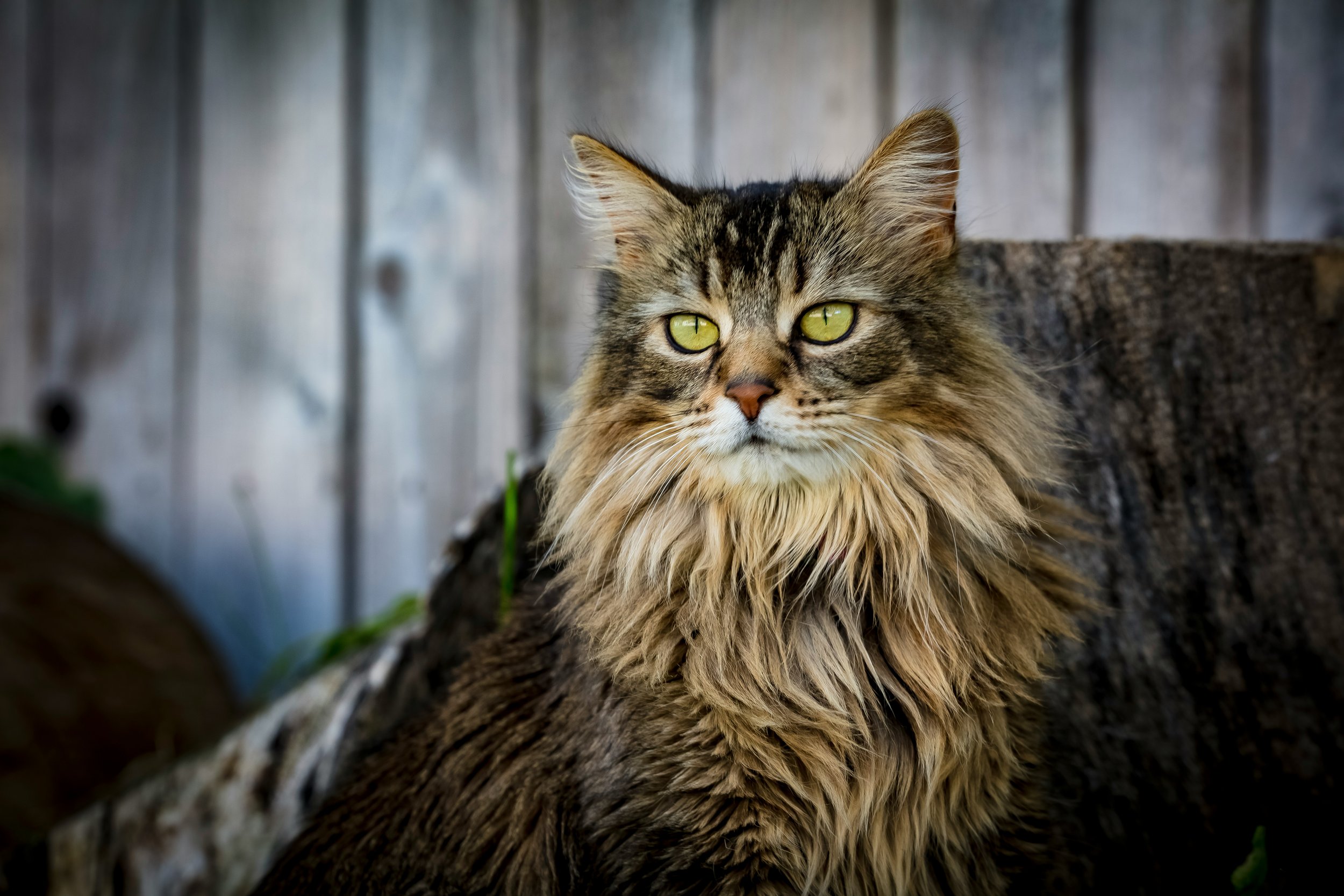Kitty Cuisine: Pairing Supplements with Homemade Cat Treats
Last Updated 19 November 2024
Creating delicious and nutritious homemade cat treats is a wonderful way to show love for your feline companion while ensuring they receive the necessary nutrients. By pairing these treats with appropriate supplements, you can enhance your cat's health and well-being. This article will explore various homemade cat treat recipes, suitable supplements, and how to effectively combine them for optimal benefits.
Understanding Your Cat's Nutritional Needs
Before diving into treat recipes and supplements, it's essential to understand your cat's nutritional requirements:
Balanced Diet: Cats are obligate carnivores, meaning they require a diet rich in animal proteins. Their diet should include essential nutrients such as amino acids (like taurine), fatty acids, vitamins, and minerals. When making homemade treats, ensure they complement your cat's overall diet.
Supplemental Support: While homemade treats can provide additional nutrition, they should not replace a complete and balanced cat food. Supplements can help fill any gaps in their diet, particularly if your cat has specific health concerns or dietary restrictions.
Portion Control: Treats should only make up a small portion of your cat's daily caloric intake—generally no more than 10%. This helps prevent obesity and ensures that they maintain a healthy weight.
Understanding these nutritional needs allows you to create treats that support your cat’s health while keeping them happy.
Easy Homemade Cat Treat Recipes
Here are some simple and healthy homemade cat treat recipes that you can prepare for your feline friend:
Tuna Cat Treats:
Ingredients: 1 can of tuna (in water), 1 egg, 1 cup of whole wheat flour.
Instructions: Preheat the oven to 350°F (175°C). In a bowl, mix the drained tuna, egg, and flour until a dough forms. Roll into small balls or flatten into shapes on a parchment-lined baking sheet. Bake for about 20 minutes or until golden brown. Allow to cool before serving.
Chicken and Cornmeal Treats:
Ingredients: 1 can of chicken (drained), 1 cup of cornmeal, 1 egg.
Instructions: Preheat the oven to 350°F (175°C). Blend the chicken in a food processor until smooth. In a bowl, combine chicken puree with cornmeal and egg until mixed well. Shape into small cookies and place on a baking sheet. Bake for approximately 15 minutes.
Catnip Cookies:
Ingredients: 1 cup oat flour, 2 tablespoons dried catnip, 1/4 cup chicken broth.
Instructions: Preheat the oven to 350°F (175°C). Mix oat flour and catnip in a bowl. Gradually add chicken broth until the mixture forms a dough. Roll out the dough and cut into desired shapes. Bake for about 10-12 minutes until firm.
These recipes are not only simple but also use ingredients that many cats find irresistible!
Choosing the Right Supplements
When pairing supplements with homemade treats, it’s important to select those that align with your cat's specific health needs:
Omega-3 Fatty Acids: Supplements containing omega-3 fatty acids can support skin and coat health. Consider adding fish oil or flaxseed oil to your cat’s diet if they suffer from dry skin or allergies.
Probiotics: Probiotic supplements can aid digestion and promote gut health. They are especially beneficial for cats with sensitive stomachs or those recovering from illness.
Joint Support: If your cat is older or has joint issues, glucosamine and chondroitin supplements can help maintain mobility and reduce discomfort. Pair these with treats that are easy for them to chew.
Choosing the right supplements ensures that you are enhancing your cat's diet effectively while providing them with delicious homemade treats.
Combining Treats and Supplements
To maximise the benefits of both homemade treats and supplements, consider these strategies:
Mixing Supplements into Treats: Many supplements come in powder form that can be easily mixed into treat recipes. For example, you can add powdered probiotics or joint support supplements directly into the dough when preparing homemade treats.
Using Flavour Enhancers: Some cats may be picky about taking supplements on their own. Incorporating them into tasty treats can mask any unpleasant flavours while ensuring they receive their nutritional benefits.
Creating Special Treats for Specific Needs: Tailor your homemade treats to address specific health concerns by incorporating relevant supplements. For instance, if your cat needs more hydration, consider making treats with added moisture using pureed pumpkin or broth.
By thoughtfully combining treats with appropriate supplements, you create enjoyable snacks that contribute positively to your cat’s health.
Monitoring Your Cat’s Health
After introducing new treats and supplements into your cat's diet, it’s important to monitor their health closely:
Observe Reactions: Keep an eye on how your cat responds to new treats or supplements. Look for any signs of allergies or digestive upset such as vomiting or diarrhoea. If any adverse reactions occur, discontinue use immediately and consult your veterinarian.
Regular Vet Check-ups: Schedule regular veterinary visits to assess your cat’s overall health and discuss any dietary changes you’ve made. Your veterinarian can provide tailored advice based on your cat’s individual needs.
Adjust Portions as Needed: If you notice weight gain or changes in behaviour after introducing new treats or supplements, adjust portion sizes accordingly. Maintaining a healthy weight is crucial for overall feline health.
Monitoring your cat’s health ensures that they benefit from homemade treats and supplements without experiencing negative side effects.
Conclusion: A Delicious Path to Feline Wellness
Creating homemade cat treats paired with appropriate supplements is an excellent way to enhance your feline friend’s diet while providing them with tasty snacks they’ll love. By understanding their nutritional needs, preparing simple yet delicious recipes, selecting suitable supplements, combining them effectively, and monitoring their health closely, you can foster a happier and healthier life for your beloved pet.
Ultimately, embracing this approach not only enriches your cat's culinary experience but also strengthens the bond between you both as you share delightful moments together over tasty homemade creations. As you embark on this journey of kitty cuisine, remember that every effort contributes positively to their overall well-being!
Sources
PetMD - Homemade Cat Treat Recipes
The Spruce Pets - Healthy Homemade Cat Treats

